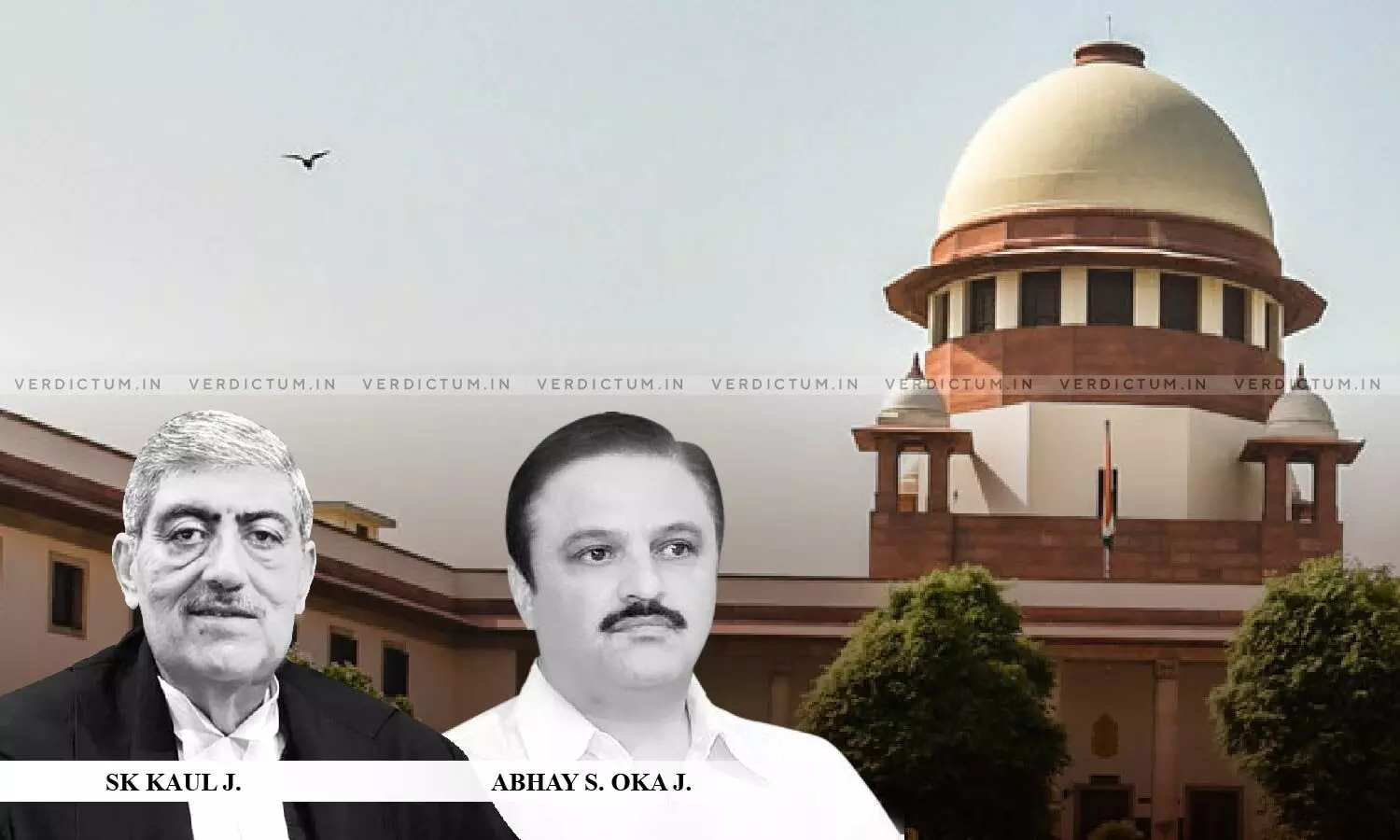
Bihar Excise Act: Out Of 3,78,186 Cases Registered In Last 6 Years, Trial Has Begun For 1,16,103 Cases- Amicus Curiae To SC
 |
|The Bihar Government has sought time from the Supreme Court to consider suggestions made by the Advocate-on-Record Gaurav Agarwal, who is the amicus curiae in the larger issue framed by the Court regarding the Bihar Prohibition and Excise Act, 2016.
Before the Apex Court, large number of bail cases were filed arising from proceedings initiated under the Bihar Excise Act. The Patna High Court was crowded by bail applications to the extent that at some stage 16 judges of the High Court were hearing bail matters and prosecutions under the Excise Act.
The Court while deciding the issue has directed the State of Bihar to file a detailed affidavit on the issues viz how the issue of bail has been tackled, what is the pendency, what further infrastructure and manpower is being created to handle the rising cases of detenue seeking bail under the excise offences.
The Amicus Curiae apprised the Court that in the last 6 years, since the Excise Act came into force, a total of 3,78,186 cases have been registered (as on 11.05.2022) and trial has commenced in 1,16,103 cases.
Further, it was also informed that the trial is concluded in only 2473 cases leading to the acquittal of 830 accused and the conviction of 1643 accused persons. Thus, setting an acquittal rate of almost 1/3rd of the cases.
"The trial concluded is a small fraction of the total number of cases and at same pace, when the cases are filed, there will be, in our view, a burgeoning of cases to the extent making it unmanageable", remarked the Bench led by Justice SK Kaul of the Supreme Court.
The Amicus Curiae stated that if a young individual, is lodged in jail for an alleged offence of consumption of liquor, it would have an adverse effect on such an individual. Therefore, the State Government may consider whether there is a need for a separate incarceration facility for individuals who are accused under Section 37 of the Act (the penalty for consumption of liquor) so that they do not end up graduating to more serious crimes.
"We do believe that the aforesaid are important and workable suggestions, more so, on account of the experience of the learned Amicus Curiae in the field in question. Learned senior counsel seeks some time to obtain instructions even in this behalf.", recorded the Bench comprising Justice SK Kaul and Justice Abhay S Oka of the Supreme Court on Friday.
The Supreme Court in one of its earlier Orders recorded that no legislative impact study was ever carried out by the State of Bihar prior to the introduction of the Legislation.
"What is of utmost concern to us is the legislative impact study which ought to have been undertaken before implementing the law as every law has an impact in terms of the litigation it generates and there has to be an analysis and arrangements made to tackle those consequences before a law is brought into force", observed the Court.
The Bihar Government submitted before the Court that the Government was proposing to make certain amendments to the Act to make it more efficacious. Thereafter, the State of Bihar amended Section 37 of the Act which provides for a penalty for the consumption of liquor. Sector 37 deals with such accused who were caught drinking but were not involved in liquor trading/smuggling.
The amended Section 37 provides that, in case, a person only consuming the liquor he/she is liable to be arrested immediately and produced before the nearest Executive Magistrate and can be released on payment of penalty. Failure to pay the penalty would invite simple imprisonment for one month and the product and the liquor destroyed.
The Apex Court was also informed that the Government of Bihar had requested the Patna High Court for conferring powers of Judicial Magistrate 2nd Class on the District Collectors of 38 Districts but this proposal was not accepted. There were some communications thereafter also seeking reconsideration and the High Court has taken a view that the proposal of the Government to designate the Judicial Magistrate to try the offences is in conflict with Section 37 of the Act which empowers the Executive Magistrates to try the cases.
The Counsel appearing for the State sought time from the Court to respond to this issue as this is creating a deadlock.
The Court has listed the matter for further hearing on January 23, 2023.
Cause Title- Sudhir Kumar Yadav @ Sudhir Singh @ Sudhir Kumar v. State of Bihar
Click here to read/download the Order